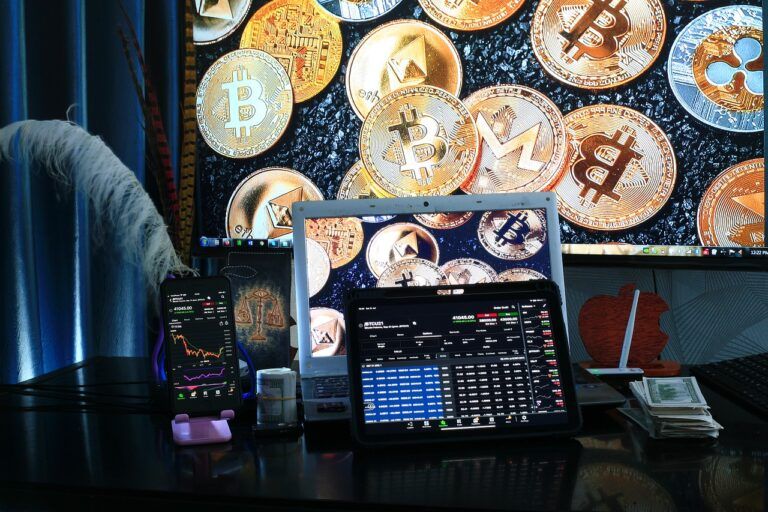Michael J. Saylor, Co-Founder, Chairman, and CEO of Nasdaq-listed business intelligence company MicroStrategy Inc. (NASDAQ: MSTR), says that he thinks the crypto market crash is “great” for Bitcoin.
It is worth remembering that on 11 August 2020, MicroStrategy announced via a press release that it had “purchased 21,454 bitcoins at an aggregate purchase price of $250 million” to use as a “primary treasury reserve asset.”
Saylor said at the time:
“Our decision to invest in Bitcoin at this time was driven in part by a confluence of macro factors affecting the economic and business landscape that we believe is creating long-term risks for our corporate treasury program ― risks that should be addressed proactively.“
Since then MicroStrategy has continued to accumulate Bitcoin and its CEO has become one of Bitcoin’s most vocal advocates. MicroStrategy’s latest $BTC purchase, which Saylor tweeted about on April 5, means that the firm is now HODLing around 129,218 bitcoins, which were “acquired for ~$3.97 billion at an average price of ~$30,700 per bitcoin.”
On May 13, Saylor had an interview with Fox Business host Charles Payne. Saylor argued that cryptoassets could be divided into three broad categories, a fact that was made even more apparent last week following the market’s price collapse.
As reported by The Daily Hodl, Saylor said:
“The crypto crashes illustrated that the entire crypto world consists of three things: one perfect thing, which is Bitcoin, and it is digital property. A few imperfect things, they’re stablecoins. The world wants digital dollars. It’s just hard to find them. They’re looking like opaque money market funds. Then there’s a multitude, a whole host of dangerous things. Altcoins are unregistered securities, and what we saw this week was an altcoin blow-up. The world wants stablecoins they can trust.“
Saylor also put a positive spin on the recent crypto market cash:
“I think this entire crypto crash is going to be great for Bitcoin. It’s going to accelerate some much-needed regulation of stablecoins, altcoins and the exchanges. It’s eliminating the political deadlock. It’s educating the world in the difference between Bitcoin and security tokens, and that’s going to facilitate the entry of institutions into this space.“
















































